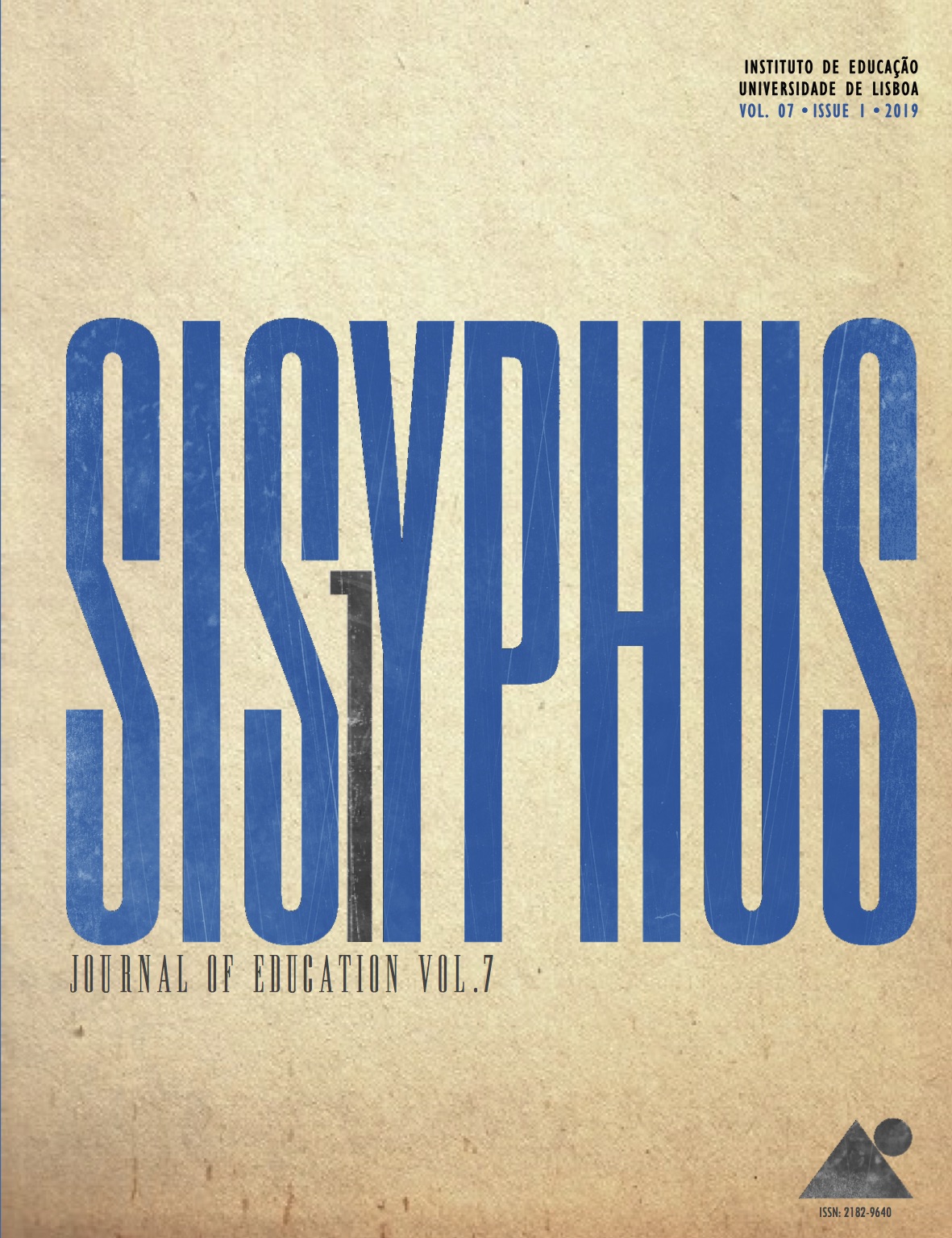#memorialdoconvento
A Technological Approach
DOI:
https://doi.org/10.25749/sis.15789Keywords:
educative innovation, technology, digital natives, videogames and literatureAbstract
The official school study program determines that the Portuguese students have to fully read a set of literary works, representative of our national culture. However, the characteristics of urban 21st century-youth are incompatible with this proposal and this creates new challenges for educators. In this article, we describe a pedagogical experiment involving the use of new technologies, which placed students in an active position of autonomous literary text interpreters. This work led a specific group of students to produce a set of different videogames. This paper reports this experiment, details the computer resources they utilised and briefly describes their different readings of Memorial do Convento, by José Saramago. The conclusions of this experiment point to a different work conception, one which is able to remove the teacher from the traditional role of knowledge transmitter and allows for the creation of a suitable postmodern school.
Downloads
References
Carr, N. (2011). The Shallows, How The Internet Is Changing The Way We Think, Read And Remember. London: Atlantic Books.
Fino, C., & Sousa, J. (2003). As TIC Redesenhando as Fronteiras do Currículo. Revista Galego – Portuguesa de Psicologia e Educação, 8, 2051-2063. Retirado de: https://digituma.uma.pt/handle/10400.13/781
Hargreaves, A. (1998). Os professores em tempos de mudança. O trabalho e a cultura dos professores na idade pós-moderna. Alfragide. McGraw-Hill de Portugal.
Prensky, M. (2001a). Digital Natives, Digital immigrants. Retirado de: http://www.marcprensky.com/writing/Prensky - Digital Natives, Digital Immigrants - Part1.pdf
Prensky, M. (2001b). Digital Natives, Digital immigrants II – Do they really think diferente?. Retirado de: http://www.marcprensky.com/writing/Prensky - Digital Natives, Digital Immigrants - Part2.pdf
Saramago, J. (1982). Memorial do Convento. Lisboa: Caminho.
Silva, J. L. C., Salazar, J., & Poças, M. E. (2015). Trabalho cooperativo como finalidade e estratégia de aprendizagem. Um estudo de caso em Biologia humana. Interacções, 11(39), 485-510. Retirado de: http://revistas.rcaap.pt/interaccoes/article/view/8754
Silveira T. (2011). O impacto do contexto tecnológico no desenvolvimento da “arquitetura cerebral” para a leitura. In S. Pereira (Org.), Congresso Nacional "Literacia, Media e Cidadania" (pp. 295-311). Braga, Universidade do Minho: Centro de Estudos de Comunicação e Sociedade. Retirado de: http://revistacomsoc.pt/index.php/lmc/article/view/471
Toffler, A. (1999). A terceira vaga. Lisboa: Livros do Brasil.
Downloads
Published
Issue
Section
License
Copyright (c) belongs to Sisyphus - Journal of Education. However, we encourage issued articles to be published elsewhere, provided that Sisyphus authorization is asked for and that authors integrate our original source citation and a link to our website.
Author Self-Archiving Policy
Author(s) are permitted to self-archive the final published version in institutional or thematic repositories, and in their personal or institutional websites.
DORA Signer
The Instituto de Educação da Universidade de Lisboa, Sisyphus' Publisher, is a San Francisco Declaration on Research Assessment signer.






